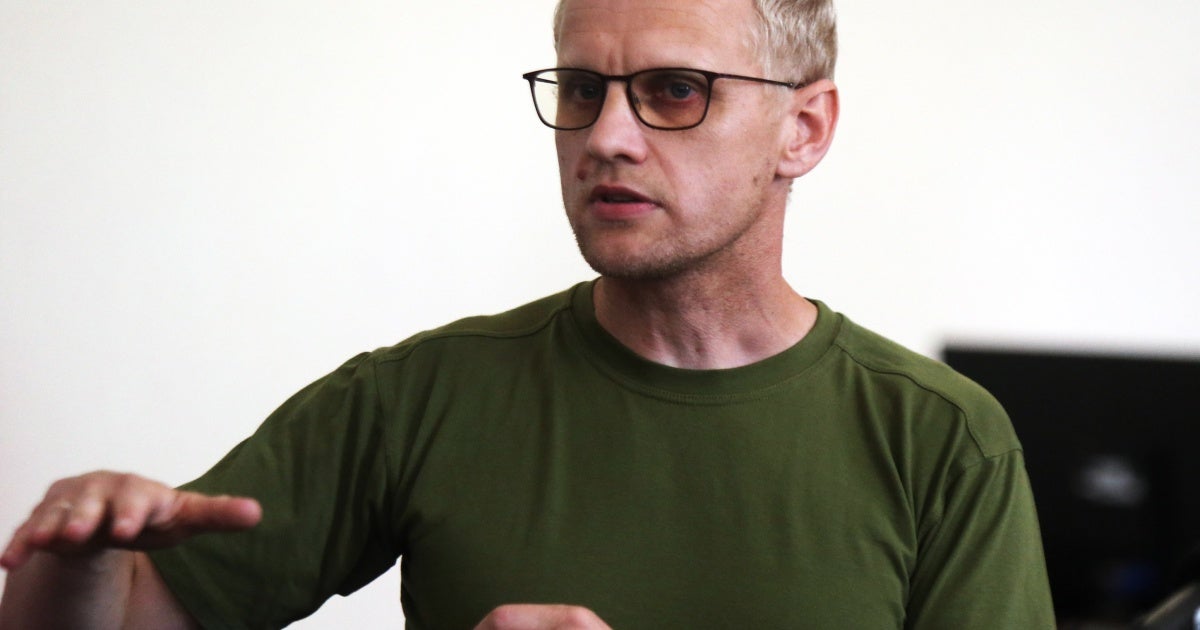On July 11, Ukraine’s State Bureau of Investigation (SBI) conducted searches targeting Vitaliy Shabunin, a prominent anti-corruption activist who has played a key role in exposing allegations of government corruption. Shabunin recently criticized the Ministry of Defense and the President’s Office over its weapons procurement and supply.
Investigators raided Shabunin’s family home in the capital, Kyiv, as well as his place of service near the frontline in Kharkivska region, where Shabunin had been transferred the day before by the central military command. Shabunin, who joined the military in 2022, is being investigated for evading military service and fraud, punishable by up to 10 years in prison. On July 15, the court imposed conditions on Shabunin, prohibiting him from leaving his unit’s location.
According to the Anti-Corruption Action Center (AntAC), co-founded by Shabunin, the investigators conducted the searches without a court warrant and didn’t provide a legal justification for the urgency that would permit searches without one. They began the searches before Shabunin or his family could arrange for legal representation, undermining their right to a lawyer. Lawyers arrived towards the end.
Investigators confiscated phones and tablets from Shabunin’s wife and two children, as well as his watch.
The recent criminal case against Shabunin was preceded by a year-long smear campaign, which involved portraying Shabunin as a draft evader and fraudster. He also faced online threats and doxxing. In 2020, Shabunin’s family house near Kyiv was set on fire, and unknown individuals planted explosives under the apartment doors of his mother and his wife’s parents. Police investigations into these crimes yielded no results.
Daria Kaleniuk, the AntAC’s executive director, linked the authorities’ recent move against Shabunin to their “testing of red lines.” One such line, she said, was crossed when the government refused to appoint the lawfully selected head of the Bureau of Economic Security. “The Presidential Office clearly dislikes our exposes of corruption allegations and harmful government initiatives. We see this as an attempt to distract us from our work,” she told Human Rights Watch. Kaleniuk said that if the authorities continue to go after civil society groups working on corruption, the AntAС will likely be “first in line, because our voice is one of the loudest in Ukraine.”
Freedom of speech and pluralism are essential in democracies. Ukraine’s authorities should not engage in nor tolerate retaliation against civic activists who expose alleged corruption and abuses of power. Failure to do so undermines the rule of law and encourages further abuses.




